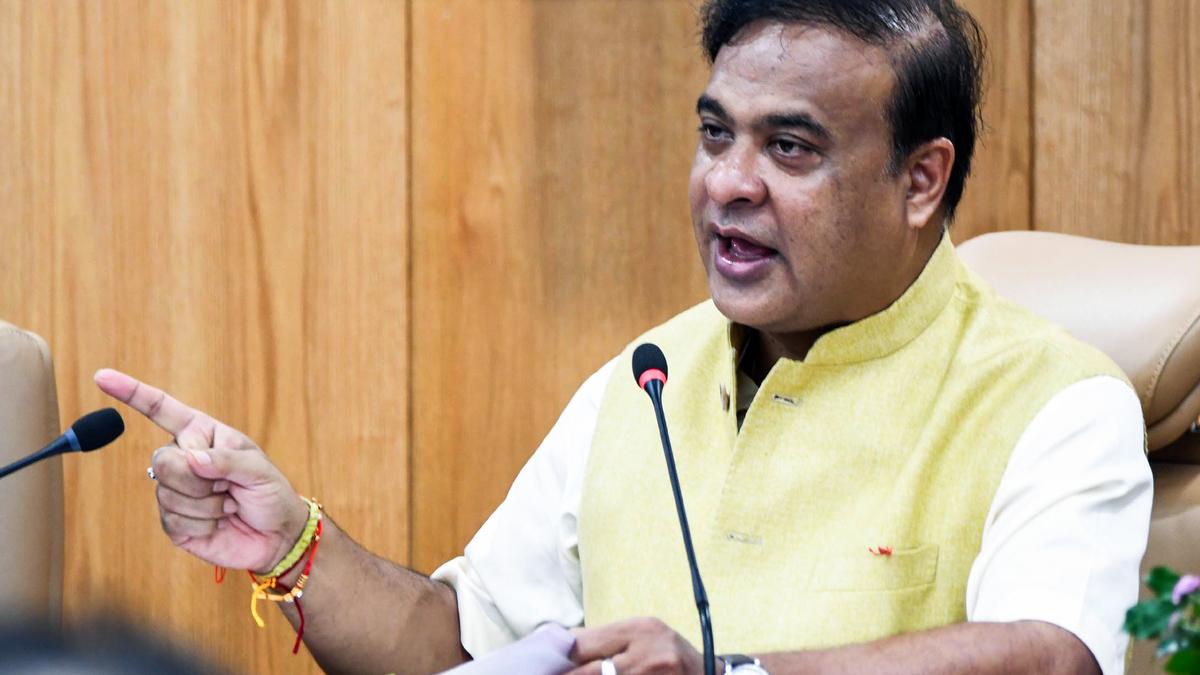Now Reading: 309 Families Evicted from Assam Grazing Land
-
01
309 Families Evicted from Assam Grazing Land
309 Families Evicted from Assam Grazing Land

Swift Summary
- Eviction Drive: Authorities in assam’s Biswanath district evicted 309 families from a village grazing reserve (VGR) on August 17, 2025.
- Operational Details: Approximately 600 security personnel, along with 20 excavators and 10 bulldozers, cleared around 175 bighas or 23 hectares of land. Notices were issued earlier on August 1 for families to vacate the area within a 15-day timeframe. Encroachers reportedly included Bengali-speaking Muslims.
- Local Perspectives: Indigenous community groups supported the eviction drive,while the All-Assam Minority Students’ Union criticized its alleged “inhumanity” and called for rehabilitation measures prior to further evictions.
- Chief Minister’s Remark: Assam Chief Minister Himanta Biswa Sarma pledged in his Independence Day speech to continue such drives to reclaim forestlands and grazing lands from individuals of “doubtful citizenship.” He underlined risks to indigenous identity if encroachment remained unchecked.
- Political Criticism: MLA Rafiqul Islam accused the Chief Minister of engaging in “hate-driven propaganda” targeting Muslims. He also alleged systematic exclusion of Muslim officers from leadership roles under BJP governance.
Indian Opinion Analysis
The eviction drive in Biswanath highlights ongoing tensions between safeguarding indigenous rights and addressing issues tied to land encroachment by communities perceived as outsiders. While local support exists for reclaiming natural resources like grazing reserves, concerns raised by minority groups signal deeper humanitarian implications-particularly regarding rehabilitation measures for displaced families.
Chief Minister Himanta Biswa Sarma’s commentary about citizenship and cultural identity reflects broader socio-political narratives prevalent in Assam’s governance policies. Though, criticisms centered on religious polarization warrant attention as they suggest potential risks of alienating affected populations without fostering inclusive policymaking.
At its core, this situation emphasizes the need for collaborative frameworks that balance environmental conservation with equitable treatment of diverse communities-a challenge demanding both administrative efficiency and sensitivity amidst demographic complexities.
Read more: Source Link























